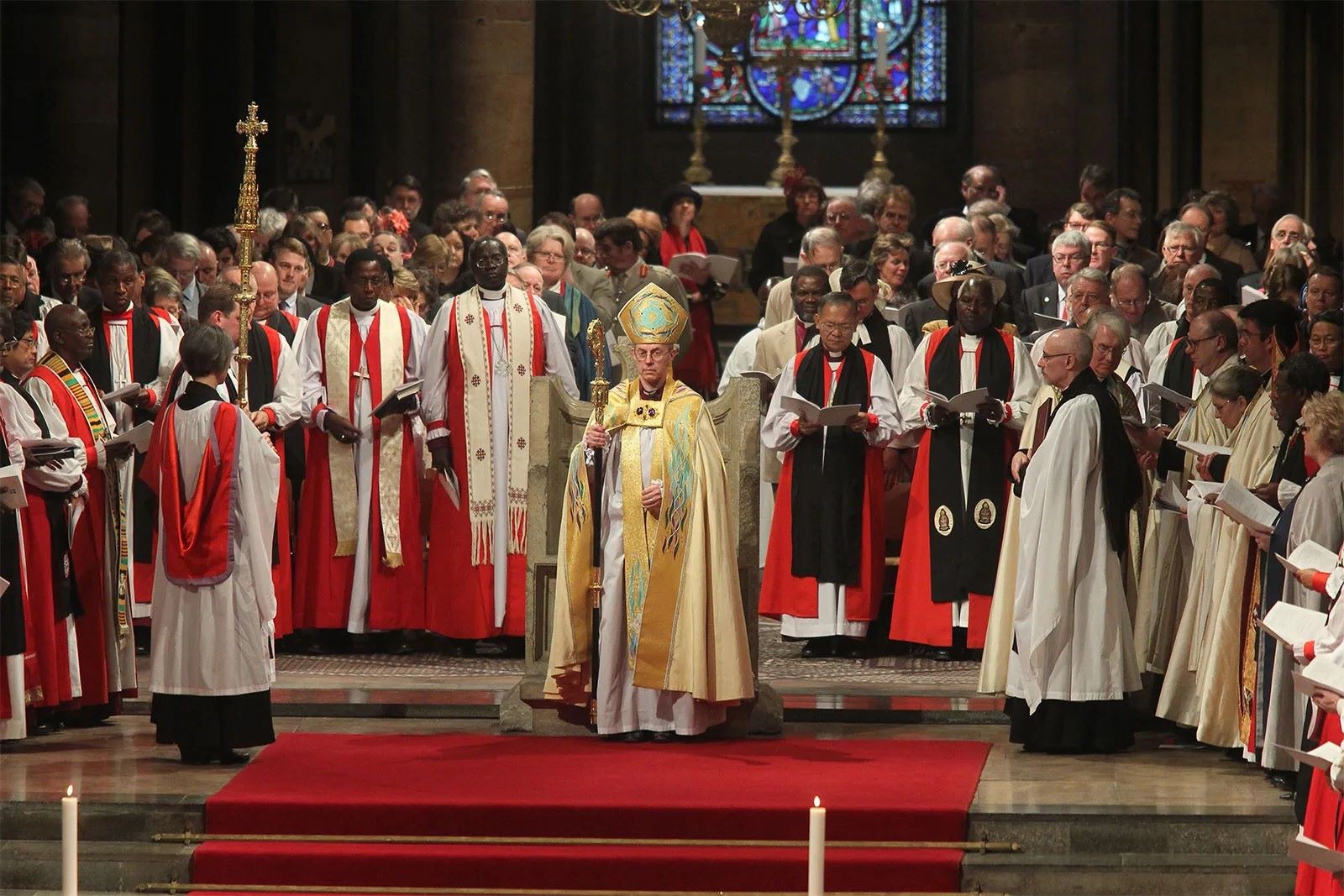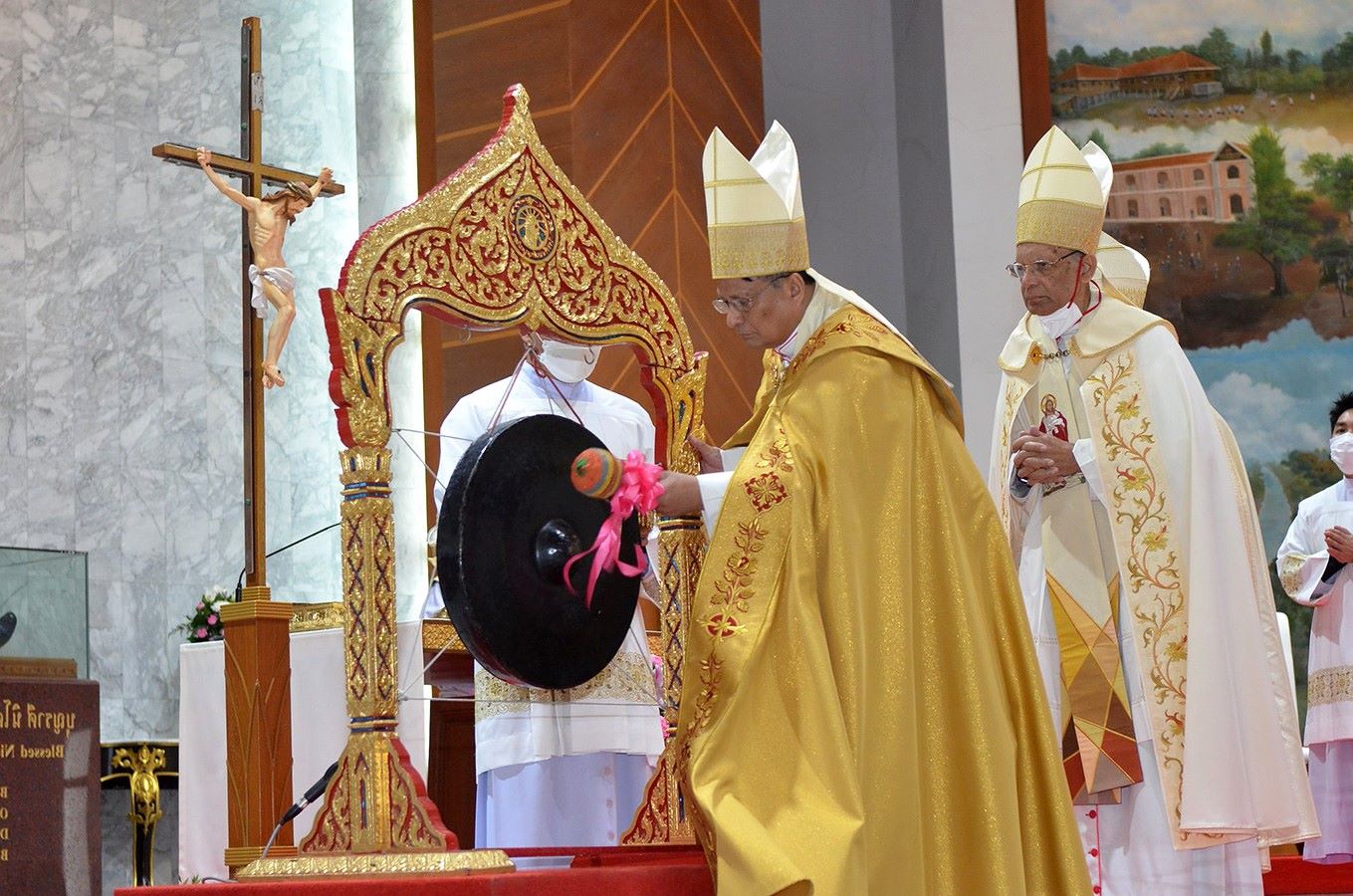
What exactly does an ecclesiastical judge do? An ecclesiastical judge handles legal matters within religious institutions. They deal with issues like marriage annulments, clerical misconduct, and disputes over church property. These judges interpret and apply canon law, which is the legal system governing the church. Unlike civil judges, ecclesiastical judges often have a background in theology and canon law. They work within church courts, which operate separately from secular courts. Their decisions can impact the lives of clergy and laypeople alike. Understanding their role helps us appreciate the unique legal landscape within religious communities.
What is an Ecclesiastical Judge?
An ecclesiastical judge is a legal authority within religious institutions, primarily in the Christian tradition. They handle matters related to church law, doctrine, and discipline. These judges play a crucial role in maintaining the integrity and order of religious communities.
- Ecclesiastical judges often preside over church courts, which are separate from civil courts.
- They interpret and enforce canon law, the legal code governing church affairs.
- These judges can handle cases involving marriage annulments, clerical misconduct, and doctrinal disputes.
- Ecclesiastical judges usually have extensive training in theology and canon law.
- Their decisions can impact the lives of clergy and laypeople alike.
Historical Background of Ecclesiastical Judges
The role of ecclesiastical judges has evolved over centuries. Understanding their history provides insight into their current functions and significance.
- The concept of ecclesiastical judges dates back to the early Christian church.
- During the Middle Ages, church courts held significant power, often rivaling secular courts.
- The Council of Trent (1545-1563) reformed many aspects of church law, influencing the role of ecclesiastical judges.
- In the Anglican tradition, ecclesiastical judges are known as chancellors or commissaries.
- The Roman Catholic Church has a well-defined hierarchy of ecclesiastical courts, with the Roman Rota being the highest appellate court.
Responsibilities of Ecclesiastical Judges
Ecclesiastical judges have a wide range of responsibilities, from adjudicating disputes to ensuring adherence to church doctrine.
- They oversee marriage annulment cases, determining whether a marriage was valid according to church law.
- Ecclesiastical judges handle cases of clerical misconduct, including allegations of abuse or heresy.
- They may be involved in disputes over church property or finances.
- These judges often provide guidance on interpreting church doctrine and canon law.
- They ensure that church laws are applied consistently and fairly within their jurisdiction.
Final Thoughts on Ecclesiastical Judges
Ecclesiastical judges play a unique role in the legal world. They handle cases within religious institutions, often dealing with matters like marriage annulments, clerical misconduct, and church property disputes. These judges must have a deep understanding of both civil and canon law, making their job quite specialized.
Their decisions can impact not just individuals but entire communities. While their authority is usually limited to the religious context, their rulings can sometimes intersect with secular law. This dual responsibility requires a balanced approach, ensuring justice while respecting religious doctrines.
Understanding the role of ecclesiastical judges gives us insight into how religious and legal systems can coexist. It also highlights the importance of specialized knowledge in handling complex issues that arise within religious communities. So next time you hear about an ecclesiastical judge, you'll know just how crucial their work is.
Was this page helpful?
Our commitment to delivering trustworthy and engaging content is at the heart of what we do. Each fact on our site is contributed by real users like you, bringing a wealth of diverse insights and information. To ensure the highest standards of accuracy and reliability, our dedicated editors meticulously review each submission. This process guarantees that the facts we share are not only fascinating but also credible. Trust in our commitment to quality and authenticity as you explore and learn with us.


